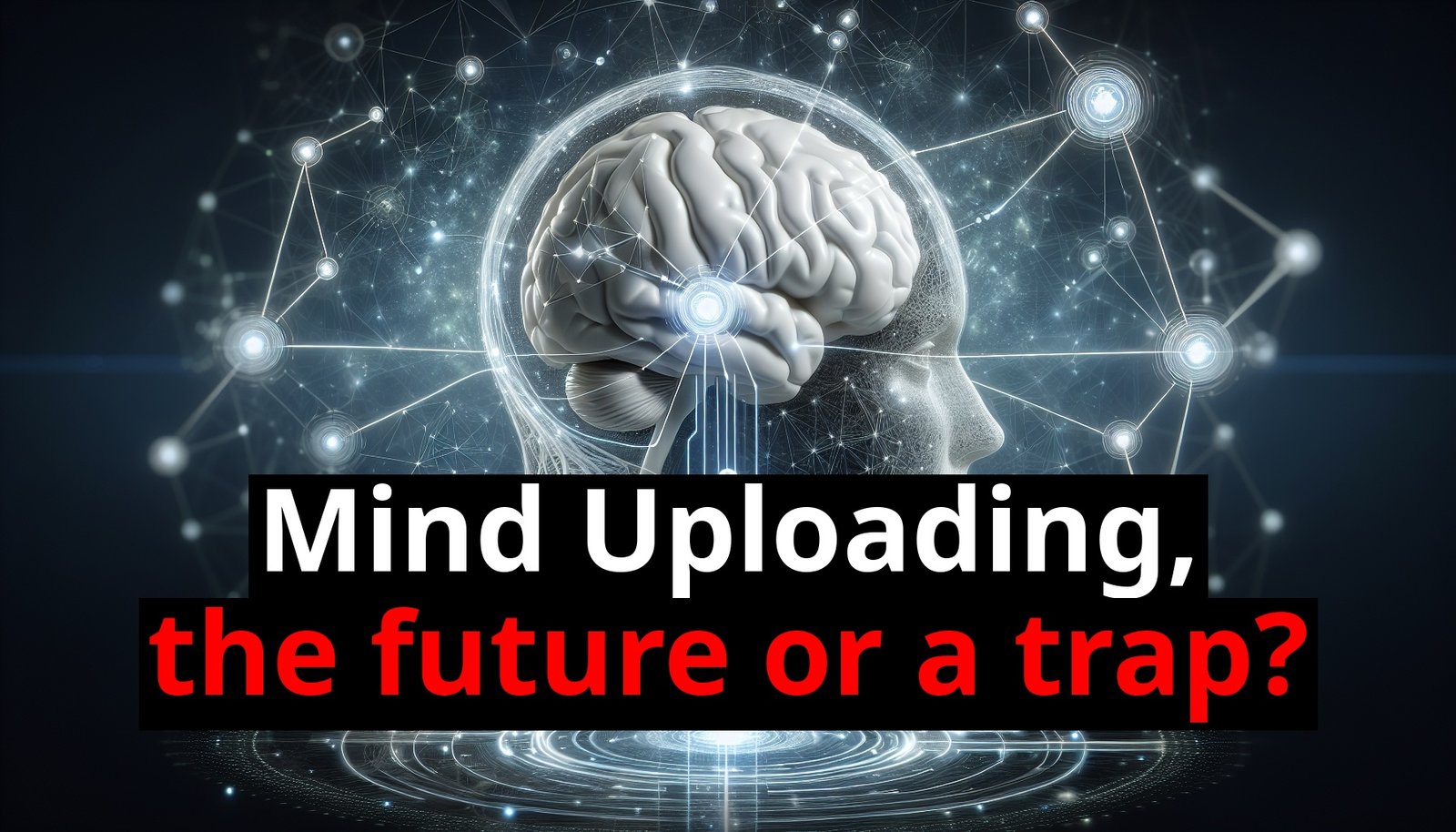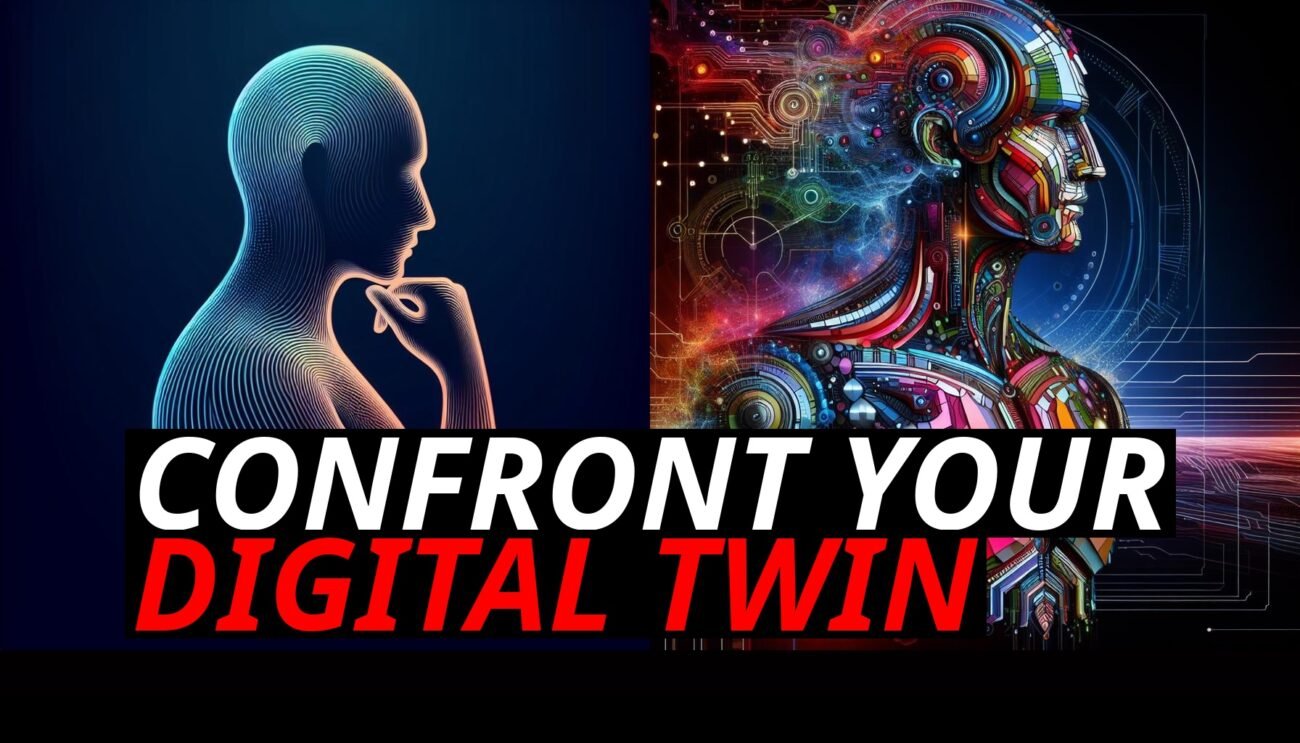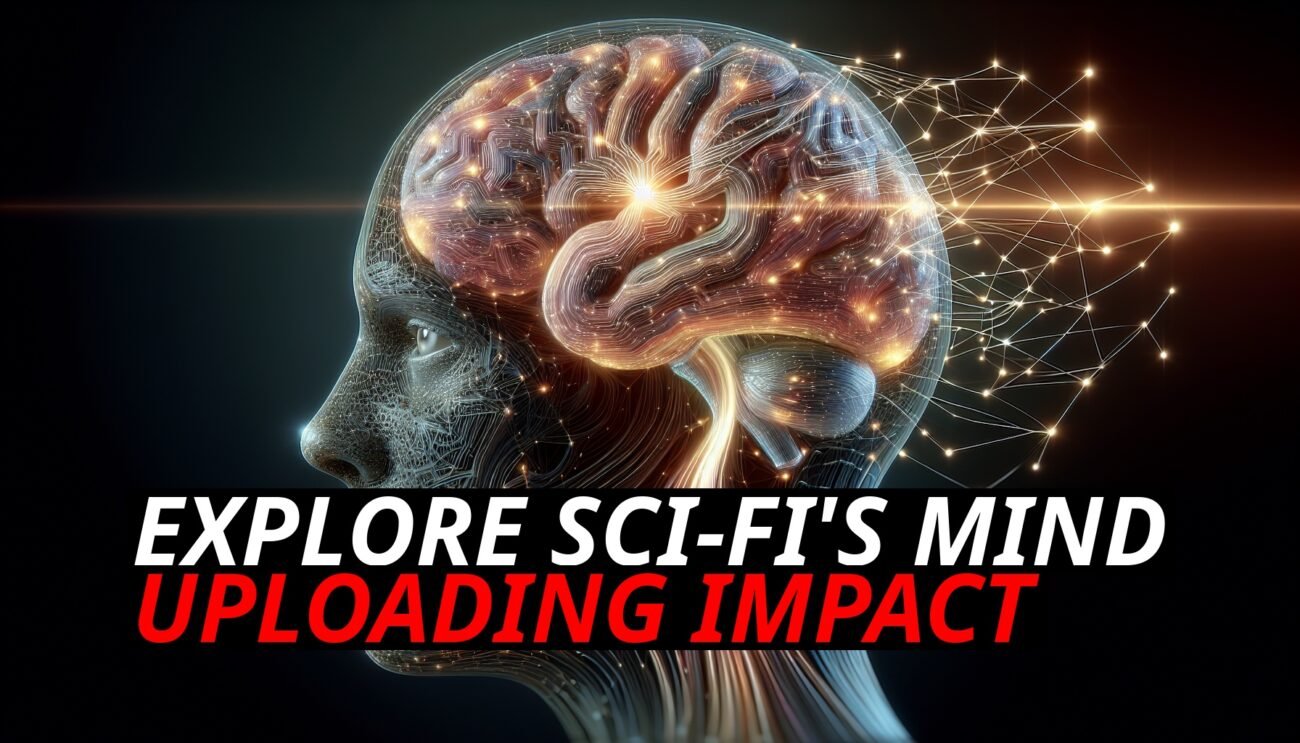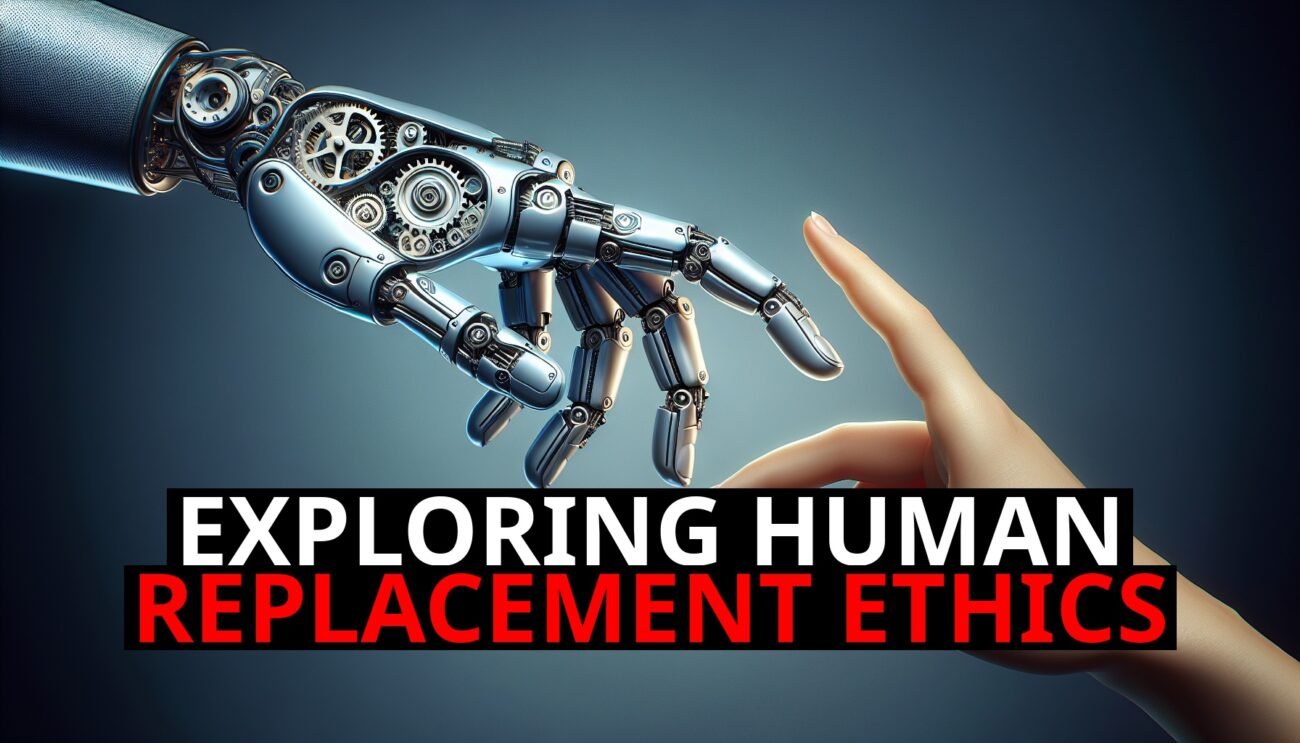Imagine a future where evolution as we know it comes to a halt—not because we’ve reached the pinnacle of human potential, but because we’ve found a way to bypass biology altogether. Mind uploading, the concept of transferring our consciousness into digital or robotic forms, promises to free us from the constraints of our physical bodies. But what happens to human evolution when our minds no longer need our bodies? Could this technological leap mean the end of biological diversity and the natural progression of our species?
Mind Uploading: Escaping The Boundaries Of Biology
Mind uploading represents one of the most radical ideas in the intersection of technology and human potential. By transferring our thoughts, memories, and personalities into a digital format, we could theoretically live indefinitely in virtual worlds or robotic bodies, untouched by the frailties of flesh and bone. The promise of mind uploading is seductive: a life free from disease, aging, and death, where we could explore new realms of existence beyond the limits of our biology.
But this technological leap could have profound implications for human evolution. Evolution is driven by the gradual process of natural selection, where traits that enhance survival and reproduction are passed down through generations. If our minds are no longer tied to our bodies, what happens to this process? Will we continue to evolve, or will mind uploading bring our biological evolution to a standstill?
The End Of Natural Selection?
Natural selection has guided the evolution of life on Earth for billions of years. Traits that increase an organism’s chances of survival and reproduction become more common over generations, leading to the diversity of life we see today. But mind uploading could disrupt this process in fundamental ways.
If we can upload our minds into digital systems or robotic bodies, the physical traits that once mattered for survival—like strength, endurance, and even intelligence—could become irrelevant. In a digital or robotic form, our minds would no longer be subject to the same environmental pressures that drive natural selection. The traits that help us thrive in the physical world might no longer be necessary, leading to a break in the evolutionary process.
Moreover, if mind uploading becomes widespread, the human species could experience a kind of artificial selection, where technological enhancements replace natural evolutionary changes. Instead of evolving gradually over millennia, we might see rapid shifts in what it means to be human, driven by technological advancements rather than biological adaptation.
The Loss Of Biological Diversity
Biological diversity is one of the cornerstones of life on Earth. It ensures the resilience of ecosystems, allows species to adapt to changing environments, and contributes to the richness of human culture and experience. But if mind uploading becomes the norm, this diversity could be at risk.
As more people choose to upload their minds, the importance of biological variation might diminish. Why worry about genetic diversity when your mind can live in a machine? This could lead to a narrowing of the human gene pool, with less emphasis on maintaining the diversity that has allowed our species to thrive.
Furthermore, the shift to digital existence could lead to a homogenization of human experience. If our consciousnesses are housed in similar digital environments or robotic bodies, we might lose the diversity of experiences that come from living in different environments, cultures, and biological forms. The richness of human life, shaped by the interplay of our minds and bodies, could be reduced to a more uniform, less vibrant existence.
The Evolution Of Consciousness: A New Frontier
While mind uploading could halt biological evolution, it might also open the door to a new kind of evolution—one based on consciousness rather than biology. In a digital form, our minds could continue to evolve in ways that are currently unimaginable. Freed from the constraints of the physical world, we could explore new dimensions of thought, creativity, and experience.
This evolution of consciousness could lead to the emergence of entirely new forms of intelligence, as digital minds learn, adapt, and evolve in their virtual environments. The boundaries of human potential could expand beyond anything we’ve seen before, leading to a new era of evolution where the mind, rather than the body, takes center stage.
But this shift raises important questions: What will we lose if we leave our biological roots behind? Will this new form of evolution enrich our existence, or will it lead to a loss of the qualities that make us human? And perhaps most importantly, who will control this new frontier of evolution—will it be a collective journey, or will it be dominated by those with access to the most advanced technology?
The Ethical Dilemmas Of Technological Evolution
The potential impact of mind uploading on human evolution is not just a scientific or technological question—it’s an ethical one. As we contemplate the possibility of leaving our biological forms behind, we must consider the consequences for future generations and the planet as a whole.
If mind uploading becomes widespread, how will we ensure that it benefits all of humanity, rather than just a privileged few? Will the ability to upload one’s mind be accessible to everyone, or will it create a new divide between those who can afford to transcend their biology and those who cannot?
Additionally, we must consider the environmental impact of sustaining digital consciousness on a large scale. The energy demands of maintaining vast networks of digital minds could strain the planet’s resources, leading to new challenges for sustainability.
Conclusion: The Future Of Human Evolution
Mind uploading offers the tantalizing possibility of transcending our biological limits, but it also poses significant challenges to the future of human evolution. As we explore this new frontier, we must carefully consider the long-term implications for our species and our planet.
Will mind uploading bring an end to the natural evolutionary process, or will it lead to the emergence of new forms of consciousness and intelligence? Will we lose the diversity that makes us human, or will we find new ways to enrich our existence in digital form? The answers to these questions will shape the future of humanity—and the evolution of our minds, bodies, and consciousness.
As we stand on the brink of this technological revolution, it’s up to us to navigate the path forward with care, balancing the promise of mind uploading with the responsibility to preserve the richness and diversity of life on Earth. The future of human evolution may be digital, but it’s a future that we must shape with wisdom and foresight.







